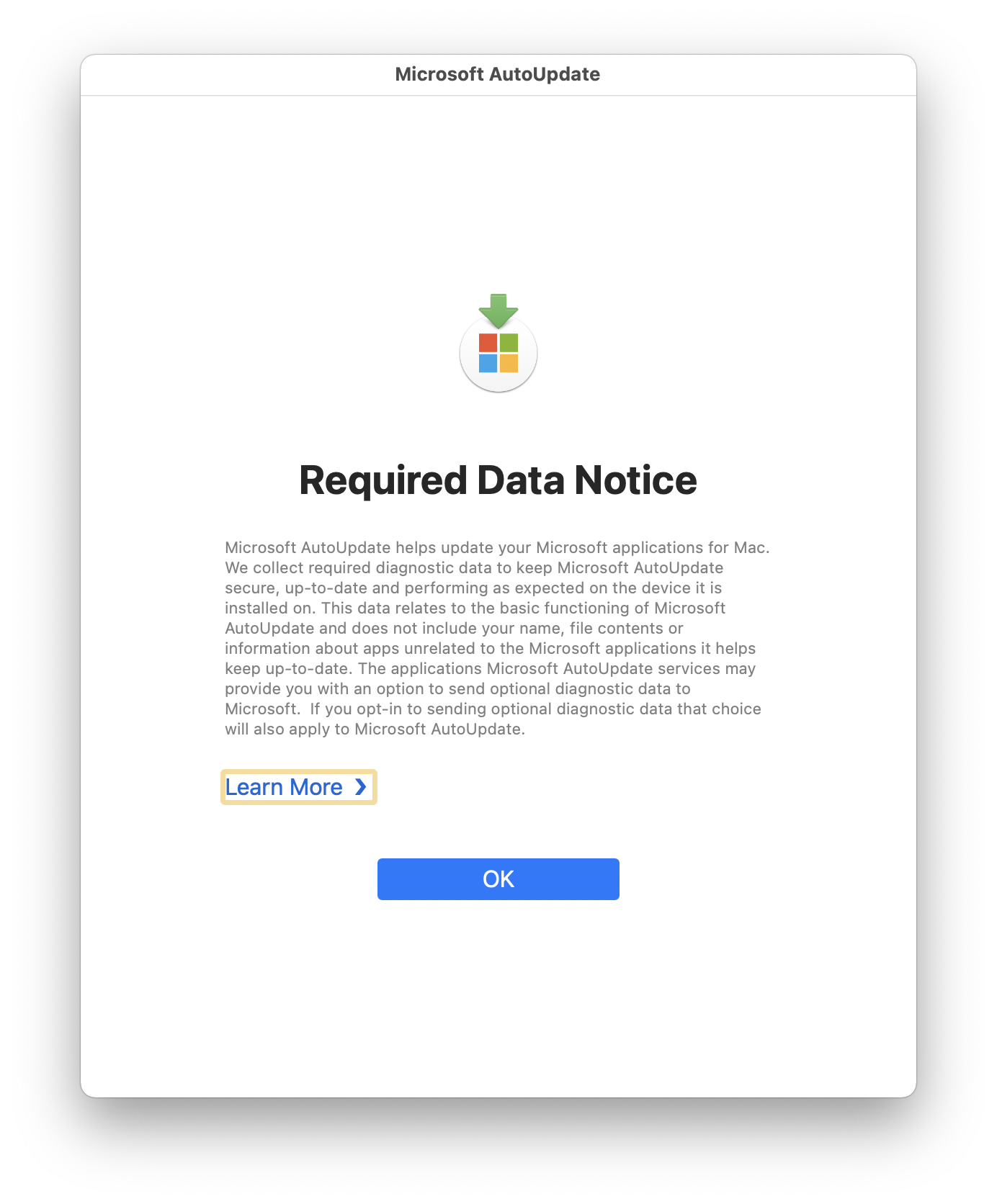315
you are viewing a single comment's thread
view the rest of the comments
view the rest of the comments
this post was submitted on 11 Sep 2023
315 points (95.1% liked)
AssholeDesign
6776 readers
1 users here now
This is a community for designs specifically crafted to make the experience worse for the user. This can be due to greed, apathy, laziness or just downright scumbaggery.
founded 1 year ago
MODERATORS

Idk man... maybe is a recent change or something but on my three devices I installed Win 11, I activated Bitlocker after a while, it was not activated on my install/login. So my experience is completely different it didn't start encrypting without consent. And to be clear I have used Microsoft accounts on all of them.
On my Lenovo laptop my drive was encrypted without my consent, I was very pissed (due to a bug that wiped the tpm during a firmware update, I had 20 minutes of panic because I had no idea what was the bitlocker decryption key)
It seems to be a behaviour particular to portable devices. I'd argue encryption by default is a good thing on a device that's more likely to be stolen (and the identity theft implications that brings) but clearly it needs to be better communicated to the end user.
I reinstalled windows 11 recently and had to manually re-encrypt the boot drive, which also prompted me to save a copy of the key. I had the option of backing up to my MS account, saving a txt file (which it refuses to let you place on any encrypted drive, even if it's a different one to the one you're encrypting at the time), or print it (which can be to a PDF you can save anywhere). It's possible to access the backup options at any time after that as well. I usually take the last option, save the pdf to the same drive then copy paste the key into my password manager then delete the file.